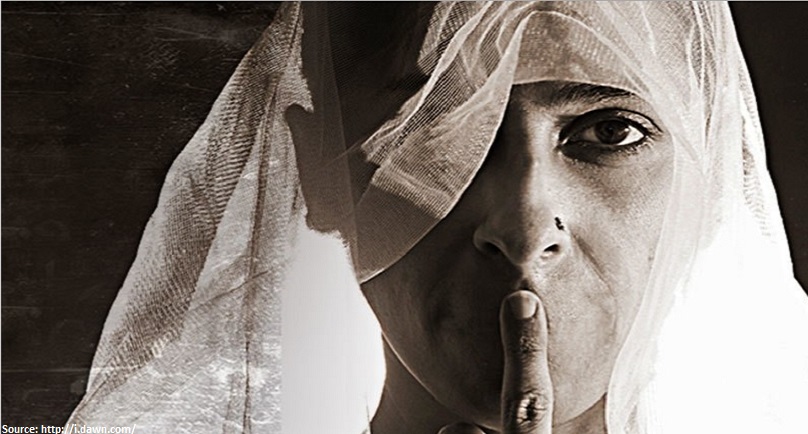A feature article by Hera Hoi – EM TV Online
Many developing countries such as Timor Leste and PNG have a deeply rooted culture and a justice system that often fails to protect women who are victims of abuse.
Common assumptions of economic vulnerability and dependency have also had a significant impact in the lives of the women and children who are being abused.
A new report recently published by The Asia Foundation titled Beyond Fragility & Inequity, however, has challenged assumptions, that seperation from the abuser does not inevitably make her economic position worse off and that their economic dependency should not be the argument to keep a man who’s found guilty by the courts, out of jail.
The report identifies the socio-economic factors that impact upon the choices women make when determining if they should remain in an abusive relationship, i.e. ‘the intersection between Economy and Violence’, while attempting to also capture the broader web of societal pressure, obligation and relationships for women in Timor Leste. The factors highlighted here are similar to those faced by PNG Women.
Aside from the economic factors, the report highlights the existence of societal pressure of keeping one’s family together, a woman’s obligations to her household, the relationships that exist outside the marriage that can continue to encourage the perpetrator’s abusive way of life, or even the fact that a woman cannot go beyond a family to create new networks.
For Papua New Guinea, networking has been a significant issue in containing domestic violence.
Jo Chandler’s article on Violence against Women in PNG highlighted the significance of relationships, and how we ‘have nations within our nation’ – that we protect our own, even the perpetrators. A victim of abuse is only able to take the perpetrator to court if one has a larger support network than that of the perpetrator. Most times its settled outside the court system, if it reaches that far.
Unfortunately, cases of domestic violence, as the report also verifies, is often treated as an inhouse matter, socially tolerated even in public. Police also fail to handle such sensitive cases and even so, women are stigmatised when reporting abuse. Both the modern and customary justice system continue to fail those in abusive relationships.
The report with over 300 respondents partaking in the fieldwork, had only 18 Women interviewed who were victims of abuse. Of these, 9 had left their partners and out of the 9, only 6 felt that there economic position had improved since they had left while one admitted that she was still in a similar economic position.
Although there seems to be positive conclusions on this small sample of women, the report does not necessarily mean that those women, who leave their husbands with the abuse, will be in an improved economic position.
But it certainly defeats that all too familiar perception and paves a new path for women who are struggling to find an escape.
The findings came to conclude that Timor Leste’s women have a limited access to services and the limited long term support serves to intensify the containment of women to a domestic sphere and reduce women’s bargaining position within a relationship where abuse is occurring.


